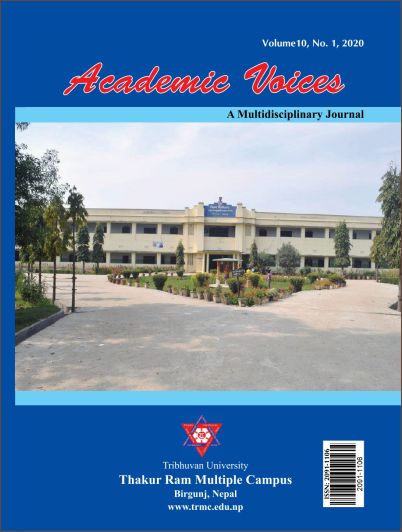A Study Protocol in Government-Sponsored and Self-Sponsored Insurees' Satisfaction with the Health Insurance Programme in Nepal: A qualitative study
DOI:
https://doi.org/10.3126/av.v10i1.74212Keywords:
Government, Insurance, Satisfaction, councelling, HealthAbstract
The Government of Nepal has introduced health insurance programme (HIP) in Nepal since 2016 due to the aspiration of the constitution and international commitment to ensure universal health coverage by 2030. Almost five years has been completed of the HIP, but people's participation remains low where dropout rate seems high. We could not find any relevant study on behalf of insurees satisfaction. Therefore, the study explores the satisfaction of self and government-sponsored health insurance, applying qualitative research design. The study will be observed by interpretivist worldview to interpret the situation using in-depth interviews [IDI] and focus group discussion [FGD]. The study primarily guided by the theories of satisfactions. Informants will be selected purposively from all provinces covering both rural and urban areas. Tentatively 32 (28 IDI and 4 FGD) samples will be taken covering both self and government-sponsored insurees. However, the samples will be added based on data saturation. Thematic analysis will be made to interpret the data. Ethical approval will be obtained from the Nepal Health Research Council, and permission will be taken from concerned authority and informants. The proposed research is expected to complete by January 2023, and tentative budget of the study will be NRs. 497,000. Two articles expected to publish from Nepjol indexing journal and impact factor journal after completing the research.
Downloads
Downloads
Published
How to Cite
Issue
Section
License
© Academic Voices: A multidisciplinary Journal
All rights reserved. No part of this journal may be reproduced in any form or by any electronic or mechanical means, including information storage and retrieval system, without permission in writing from the publisher/writers, except by a reviewer who may quote brief passages in a review.




